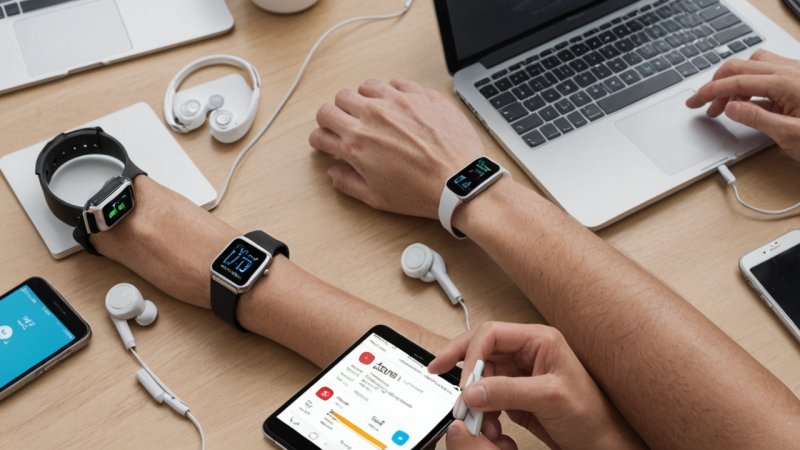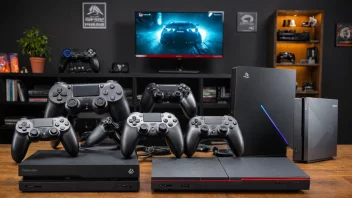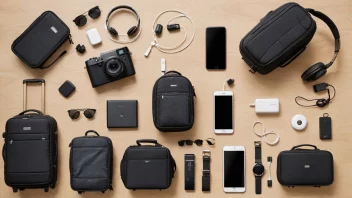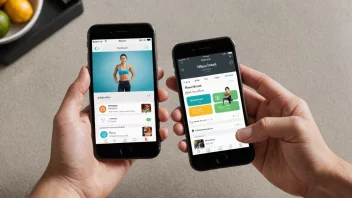Wearable gadgets have revolutionized the way we monitor our health on a daily basis. From fitness trackers to smartwatches, these devices not only keep track of our physical activity but also provide valuable insights into our overall well-being. In this article, we’ll answer some common questions about wearable health technology and how it can enhance your everyday life.
What types of wearable gadgets are available for health monitoring?
There are several types of wearable gadgets designed to monitor health, including:
- Fitness Trackers: These devices track steps, calories burned, and sometimes heart rate.
- Smartwatches: Beyond fitness tracking, smartwatches offer notifications, GPS, and health monitoring features.
- Heart Rate Monitors: These can be standalone devices or integrated into fitness trackers and smartwatches.
- Sleep Trackers: Devices that monitor sleep patterns and quality.
- Smart Clothing: Garments equipped with sensors that track heart rate, respiration, and more.
How do wearable gadgets monitor health?
Wearable gadgets use a variety of sensors to collect health data. Common methods include:
- Accelerometers: Measure movement and activity levels.
- Heart Rate Sensors: Use optical technology to monitor heart rate through the skin.
- GPS: Tracks location and distance traveled during activities.
- Sleep Sensors: Analyze movement patterns to determine sleep quality and duration.
Can wearable gadgets help with weight management?
Yes, wearable gadgets can be valuable tools for weight management. By tracking physical activity and caloric burn, they help users stay accountable. Many fitness trackers also provide insights into dietary habits and suggest personalized fitness goals, making it easier to create a balanced lifestyle.
Are wearable gadgets accurate in their health monitoring?
While wearable gadgets can provide useful estimates of health metrics, their accuracy can vary. Factors such as device quality, how it’s worn, and the specific metric being measured can influence results. For the most accurate data, it's recommended to use high-quality devices and compare their readings with clinical measurements when necessary.
How can I incorporate wearable gadgets into my daily routine?
Incorporating wearable gadgets into your daily routine is simple:
- Set Goals: Define personal health and fitness goals.
- Daily Tracking: Wear your device consistently to track your activity and health metrics.
- Review Data: Regularly check the data provided by the device to identify trends and areas for improvement.
- Adjust Habits: Use insights to make informed decisions about diet and exercise.
What are the benefits of using wearable health gadgets?
There are numerous benefits to using wearable health gadgets, including:
- Improved Awareness: Gain insights into your health and fitness levels.
- Motivation: Track progress and celebrate achievements to stay motivated.
- Health Monitoring: Keep an eye on vitals and detect potential health issues early.
- Convenience: Easily access health data anytime, anywhere.
Are there any drawbacks to using wearable gadgets?
While wearable gadgets offer many benefits, there are some drawbacks to consider:
- Privacy Concerns: Sharing health data can raise privacy issues.
- Battery Life: Many devices require regular charging, which can be inconvenient.
- Data Overload: Too much data can be overwhelming and difficult to interpret.
How can I choose the right wearable gadget for my needs?
Choosing the right wearable gadget depends on your personal health goals and lifestyle. Consider the following:
- Features: Identify which features are most important to you, such as heart rate monitoring or GPS.
- Comfort: Ensure the device is comfortable for daily wear.
- Compatibility: Check if it syncs with your smartphone or other health apps.
- Reviews: Look for user reviews to gauge the performance and reliability of the device.
In conclusion, wearable gadgets for health monitoring can play a significant role in enhancing your daily life. By providing valuable insights into your physical activity and overall health, they can help you make informed decisions and stay motivated on your journey to better health. Whether you're actively trying to improve your fitness or just want to keep an eye on your well-being, a suitable wearable gadget could be a great addition to your routine.






